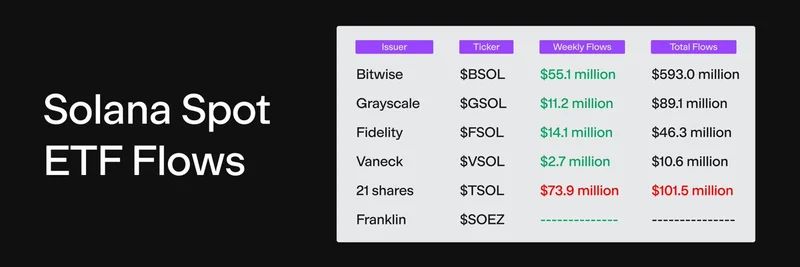Ethereum's co-founder, Vitalik Buterin, just dropped a thought-provoking tweet linking to his latest blog post, where he argues that low-risk DeFi—think stablecoin savings and collateralized lending—could become the backbone of Ethereum's economy, much like how search became Google's cash cow. If you're into meme tokens or the wild side of crypto, this might sound a bit tame, but Vitalik makes a compelling case for why it's exactly what the ecosystem needs right now.
In his tweet, posted on September 20, 2025, Vitalik simply stated: "Low-risk defi can be for Ethereum what search was for Google," with a link to his full write-up on vitalik.eth.limo. The post dives deep into the ongoing tension in the Ethereum community: balancing apps that generate real revenue to keep the network humming versus those that align with Ethereum's original ethos of decentralization, privacy, and global access.
Historically, revenue drivers like NFTs, meme coins, and high-yield but risky DeFi protocols have dominated. These include things like liquidity farming, where users lend and borrow to chase temporary incentives, or circular trading of ETH itself. On the flip side, cooler apps like social platforms (Lens, Farcaster), domain names (ENS), prediction markets (Polymarket), and privacy tools exist but don't bring in much cash or usage. This mismatch has left many in the community hoping for a "unicorn" app that does both—makes money and feels true to Ethereum's spirit.
Vitalik believes low-risk DeFi is that unicorn. By low-risk DeFi, he means straightforward tools: payments and savings in stable assets like major currencies with interest, synthetic stocks or bonds, and fully backed lending. No crazy leverage or speculative bets here—just reliable, everyday finance on the blockchain.
The Google analogy is spot on. Google does tons of cool stuff, from open-source AI models to browsers, but search and ads pay the bills. Similarly, low-risk DeFi could fund Ethereum's growth without compromising its values. Other experimental apps can thrive culturally without the pressure to be profitable. And unlike Google's ad model, which has faced criticism for privacy invasions and profit-over-people tactics, DeFi's decentralization keeps things aligned: success means more global access to finance, especially in underserved regions.
Why now? Vitalik points out that DeFi wasn't always this valuable. Early on, it was mostly speculative trading or incentive-chasing, partly due to regulatory hurdles. Regulators like Gary Gensler have oddly made "useless" apps safer than transparent ones offering real guarantees—ironic for a space built on trustlessness. Plus, early protocols had bugs and risks that scared off mainstream users.
But things have changed. Stablecoins like USDC and USDT now offer competitive deposit rates on platforms like Aave, often beating traditional banks. This is huge for people in countries with unstable currencies or limited banking access. DeFi provides "irreplaceable value": democratized savings, payments, and asset exposure without intermediaries.
Culturally, it fits Ethereum perfectly. It emphasizes permissionless access, transparency, and positive-sum games—where everyone wins without exploiting others. Unlike meme coins, which can be fun but volatile, low-risk DeFi builds stability. That said, memes aren't going away; they add flavor to the ecosystem, but Vitalik sees DeFi as the steady engine.
Looking ahead, this could pave the way for advanced features like undercollateralized lending (based on reputation), prediction market hedging, or "flatcoins" that hold value against inflation. It's not flashy, but it's foundational, potentially turning Ethereum into a "World Ledger" for global finance.
The tweet sparked reactions on X, from endorsements by DeFi enthusiasts to promotions of meme tokens like $EPEP and $BOOE, showing the diverse vibes in crypto. Some users highlighted real-world DeFi stories, like funding weddings or health insurance, proving its impact beyond hype.
If you're a blockchain practitioner eyeing meme tokens, consider how low-risk DeFi could stabilize your portfolio or even inspire hybrid ideas. It's a reminder that while memes capture attention, sustainable tech like this keeps the lights on. Check out Vitalik's full post for the deep dive—it's a must-read for anyone serious about Ethereum's future.

